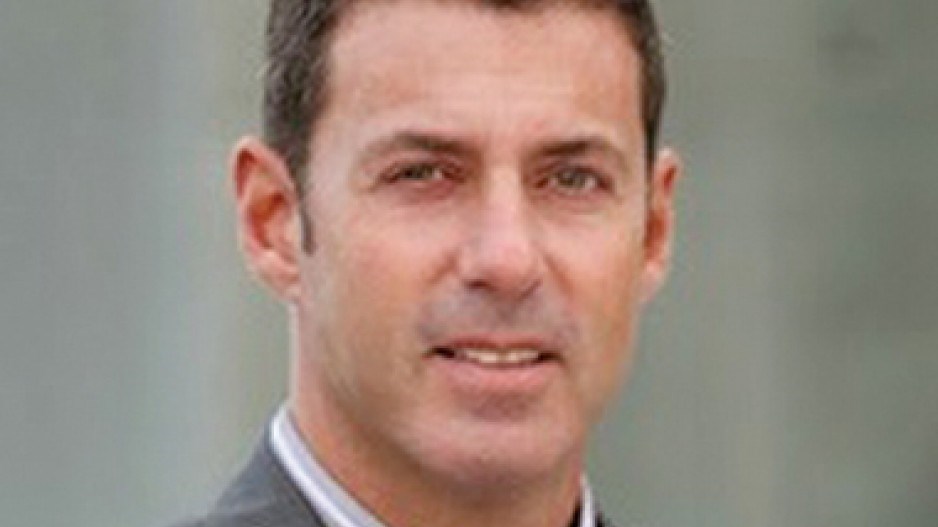BC's franchising sector is continuing to grapple with the local fallout from persistent stops and starts in the global economy.
Although that economy is said by many to be back on track, franchise specialist Grant Bullington said the amount of money many franchisees are willing to invest in franchise ventures has decreased in the past few years.
Bullington is the western Canadian president of FranNet, a company that acts as a recruiter or "matchmaker" between franchisers and prospective franchisees.
"The trend that I've seen locally is the clients that I'm working with, when I ask them what's a comfortable total investment range – their franchise fee, the startup costs as well as their working capital – it's been dropping lower and lower over the last couple of years," he said.
"They're looking for lower -risk alternatives – businesses that don't require big expensive storefronts, lots of equipment."
He said that the average franchisee investment for his clients has decreased from over $150,000 to around $100,000 in just a few years.
But franchising is also benefiting from an infusion of new blood into the sector.
Rob Lancit is the owner of BetheBoss.ca, an online company that acts as a lead-generating vehicle for franchisers.
Lancit said he is seeing a jump in new university grads that are turning to franchising in response to a less-than-robust job market.
"You have all these students that spend years getting a degree, and then you go out into the real world and sometimes reality sets in and they're in the unemployment line looking for a job like everybody else."
Lancit added that popular businesses for these grads include fitness centres or food.
Bullington also said there is also a marked difference between the profile of the typical British Columbian franchisee and his or her Albertan counterpart.
Much of that difference is linked to B.C.'s real estate prices.
"A lot of folks [in B.C] have worked extremely hard to tie up most of their net worth into their homes, and they'd like to keep it there," he said.
"In Alberta they're saying, 'OK, we can go up to $350,000,' and they're OK to finance it.
"Here, they usually like to keep it under $150,000, and they usually like to sneak it in at the home equity line of credit side of things and not have to go into the complexity of having to get official business bank financing, because that can take a while."




